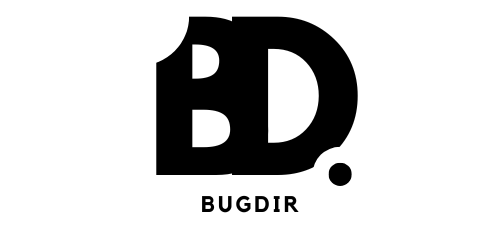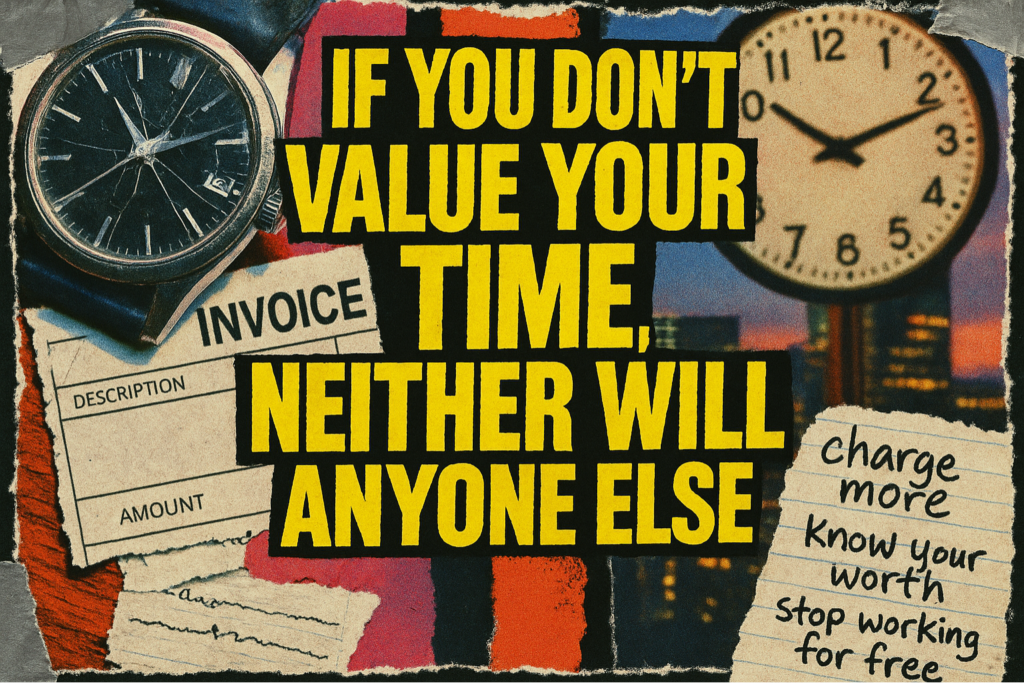“If you don’t value your time, neither will others. Stop giving away your time and talents. Value what you know and start charging for it.”
— Kim Garst
As someone who’s spent years navigating freelancing platforms, corporate boardrooms, and niche consulting gigs, I’ve seen this truth play out over and over. Undercharging isn’t just leaving money on the table—it’s sending a signal to the market that your expertise isn’t worth much. Below, we’ll unpack why valuing your time is a non-negotiable business skill, share actionable steps to turn that mindset into revenue, and explore how you can integrate data-driven tools like VIP Indicators to measure your own worth (and your project outcomes).
1. Why Valuing Your Time Matters
- Sets clear boundaries. When you assign a dollar value to your hours, you naturally learn to say “no” to tasks that don’t pay off.
- Builds credibility. Clients and colleagues assume if you charge premium rates, you deliver premium results.
- Boosts confidence. Every paid engagement reinforces your expertise, creating a virtuous cycle of higher rates and stronger self-esteem.
Expert Tip: I once accepted a project at 50% of my usual rate “just to get my foot in the door.” A year later, that client still champions me—but my rates never recovered. Lesson learned: one low-ball offer can undercut your entire pipeline.
2. Charging What You’re Worth
- Audit your deliverables.
- List every service you offer (e.g., strategy sessions, implementation, training).
- Estimate the time each takes and your target hourly rate.
- Develop tiered packages.
- Basic: Core service only.
- Standard: Service + minor add-ons (e.g., one follow-up call).
- Premium: All-in, VIP experience.
- Communicate value clearly.
- In proposals, lead with outcomes: “This package will reduce your onboarding time by 30%.”
- Use case studies or testimonials to back it up.
Pro Anecdote: Early in my career, I mailed hand-written thank-you notes after every project. Small gesture, big impression—clients started lining up for the “white-glove” service tier.
3. Respect Through Self-Respect
Even if you’re not a freelancer, valuing your time translates directly to team dynamics and career growth:
- Meeting discipline. Politely decline meetings without clear agendas.
- Task triage. Use the Eisenhower Matrix (urgent vs. important) to filter your to-do list.
- Delegation. Empower others by handing off tasks that don’t require your expertise.
Personal Reflection: When I became a team lead, I realized I was drowning in day-to-day admin. Implementing strict “office hours” for meetings freed up key hours for strategy—and earned me respect as a leader who guards both my time and the team’s.
4. Integrating Data-Driven Tools: VIP Indicators
Just as a trader relies on VIP Indicators to make sense of market movements, professionals can lean on data to quantify and communicate their worth:
- Track your billable hours vs. non-billable work to spot revenue leaks.
- Set performance benchmarks (e.g., client satisfaction ratings, project ROI).
- Adjust your rates based on real data, rather than gut feelings.
Try VIP Indicators: If you’re curious how analytics can guide your pricing and project decisions, check out VIP Indicators. Their dashboards help you visualize trends—just like monitoring support and resistance levels in trading—and make adjustments before small issues become big problems.
5. Step-by-Step Action Plan
- Value Audit: This week, block 30 minutes to list all your services and the time they consume.
- Rate Revision: Identify one underpriced service and increase its rate by 20%.
- Client Communication: Send an email to current clients explaining the new tiered packages, highlighting the additional value.
- Data Integration: Sign up for VIP Indicators and set up your first dashboard to track utilization vs. capacity.
6. Wrapping Up
Valuing your time isn’t a one-and-done exercise—it’s an ongoing business practice. By:
- Owning your worth,
- Communicating it clearly,
- Leveraging data tools like VIP Indicators (https://bugdir.com/VIPIndicators),
you’ll establish stronger boundaries, command higher fees, and ultimately build a more sustainable, respected professional brand.
Final Expert Note: Every expert started at zero. What separates consistent earners isn’t luck—it’s the discipline to value every minute, charge accordingly, and let the market recognize your true worth.
Ready to take control of your time and revenue? Start today—and watch how quickly respect and clients follow.



